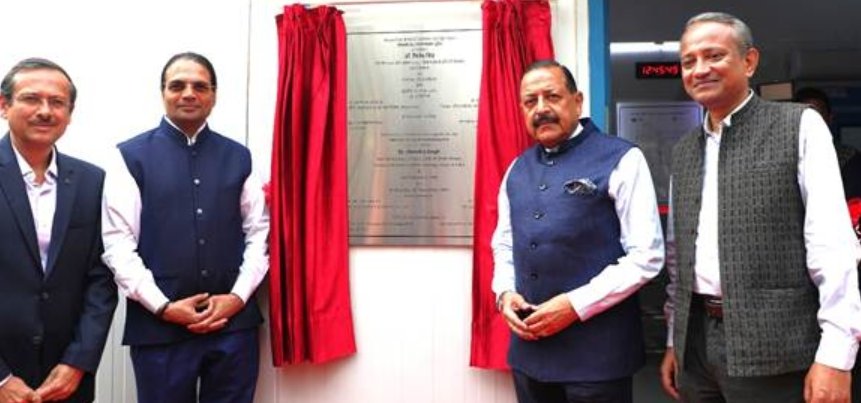MDA collaborates with IQVIA to expand Disease Registry
March 16, 2018 | Friday | News
Enhancements will streamline data capture and connect patients with opportunities to participate in new research and take advantage of emerging treatments.
The Muscular Dystrophy Association (MDA) is enhancing and expanding its disease registry into a comprehensive data hub as part of a new initiative with IQVIA (NYSE: IQV), a company known worldwide for its expertise in cutting-edge information management, analytics and technology. The new initiative will be called the MOVR (NeuroMuscular ObserVational Research) Data Hub. The enhancements will capitalize on improvements in health care information technology and systemically unify and aggregate both clinical and genetics data with patient-reported information.
The updated technology platform will roll out in 2018 and become fully implemented at 50 MDA Care Centers in 2019. During this time, MDA will add three additional diseases to the four already covered in MOVR: amyotrophic lateral sclerosis (ALS), spinal muscular atrophy (SMA), Duchenne muscular dystrophy (DMD) and Becker muscular dystrophy (BMD). The three new diseases will be identified later in 2018.
"MDA is excited to partner with IQVIA as we ramp up our efforts to advance research and transform care to improve outcomes and bring innovative and life-changing solutions to individuals living with neuromuscular disease. Within the next year, MOVR will be the most comprehensive neuromuscular disease resource in the nation for patient and genetic data," said MDA President and Chief Executive Officer Lynn O'Connor Vos. "We are rapidly approaching the day when people will be able to benefit from personalized medicine, and MDA and IQVIA insights and data will provide the foundation and support for the advanced research it will take to get us there for so many of these patients."
MDA's alliance with IQVIA will improve the ability for researchers and health care providers to identify precision medicine treatments, enhancing options for care. The new infrastructure will broaden research opportunities focused on the development of novel drugs. MOVR's digital health module will expand patient and clinical data collection methods, allowing for patient-reported outcomes to be captured via smartphone and rapidly integrated with clinical data obtained during patient and telemedicine visits. Tens of thousands of individuals living with neuromuscular disease will benefit from MOVR initially, with the full scope likely to grow as diseases are added.
"Transforming rare disease care and research requires a more ambitious approach to the real-world evidence generation," said Brian Kelly, M.D. and president, Payer & Provider Solutions, IQVIA. "A central Data Hub that allows the collection of clinical information, patient-reported outcome data, and allows for the integration of that data with genomic and other data types will accelerate improvements in drug development and clinical care."
MDA looks forward to fostering cross-sector collaborations with both the academic and private sectors to leverage this initiative. Two major areas of focus for MOVR will be clinical care and drug development, with specific emphasis on benchmarking quality of care, safety and effectiveness of new treatments, natural history of disease and genotype-phenotype correlation.
"MOVR will help reduce barriers to therapy development by serving as a resource for patient recruitment to clinical trials and creating a global unique identifier (GUID) for patients matching longitudinal data to other data repositories," said Grace Pavlath, Ph.D., MDA senior vice president and scientific director. "MDA is eager to implement some of the more promising uses of the new system, including the ability of MOVR to capture clinical data for patients using newly approved drugs, as well as for pre-symptomatic infants identified through newborn screening programs."
The collaboration between MDA and IQVIA will expand on the pilot registry, which was established in 2013 by MDA. The registry database originated with clinician-entered data from visits to a subset of MDA Care Centers and was populated with a range of clinical data including diagnostic tests, clinical measures and interventions. Since the pilot phase, this data has been used by neuromuscular disease specialists and researchers to progress in the field.










